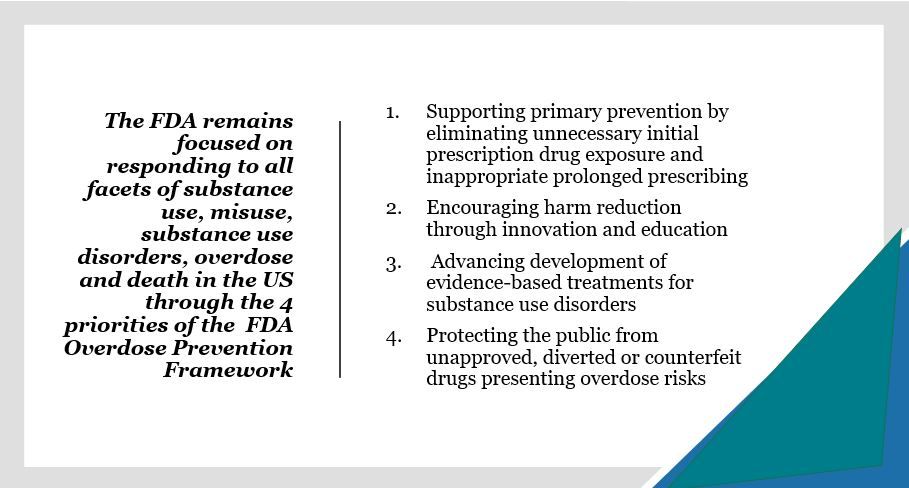- Clinical Technology
- Adult Immunization
- Hepatology
- Pediatric Immunization
- Screening
- Psychiatry
- Allergy
- Women's Health
- Cardiology
- Pediatrics
- Dermatology
- Endocrinology
- Pain Management
- Gastroenterology
- Infectious Disease
- Obesity Medicine
- Rheumatology
- Nephrology
- Neurology
- Pulmonology
FDA Requires Opioid Manufacturers to Provide Mail-back Envelopes to Accompany Prescriptions
Manufacturers of opioid analgesics dispensed in outpatient settings will now be required by the US Food and Drug Administration (FDA) to provide prepaid mail-back envelopes to outpatient pharmacies and other dispensers, the agency announced on Monday, April 3, 2023.
The additional disposal option is part of the FDA's comprehensive approach to addressing the opioid overdose crisis, according to FDA Commissioner Robert Califf, MD.
©Shane Morris/Adobe Stock

"We believe these efforts will not only increase convenient disposal options for many Americans, but also reduce unfortunate opportunities for nonmedical use, accidental exposure, overdose and potential new cases of opioid use disorder," Califf said in the announcement.
The agency first announced the proposed modification to the Opioid Analgesic Risk Evaluation and Mitigation Strategy (REMS) program in a Federal Register notice a year ago. Options currently available to patients for disposal of unused opioids include flushing them down toilets, using commercially available in-home disposal products, and, as the FDA recommends, taking them to specific collection kiosks and to local takeback events. The new plan offers another option.
The FDA notification sent to all opioid analgesic manufacturers on Monday requires that they submit proposed modifications to the Opioid Analgesic REMS within 180 days of the date of the notification letter. Approval of the modified REMS is expected in 2024, according to the FDA.
Manufacturer requirements
When the modified strategy is implemented, outpatient pharmacies and other dispensers will have the option to order prepaid mail-back envelopes from opioid manufacturers that they can provide to patients along with a prescription for opioids. Manufacturers also will be required by the REMS modification to create patient education materials on safe opioid disposal, also for order by dispensers and distribution to patients.
It is not uncommon for individuals to have opioid tablets left over from prescriptions written after surgical procedures, for example. A 2017 systematic literature review found that after 7 common surgical procedures, between 67% and 92% of patients had unused opioid tablets. The leftovers may create access to the drugs for children or adults in the home or for illegal provision of them to those outside the home.
According to results from the 2019 National Survey on Drug Use and Health, prepared for the Substance Abuse and Mental Health Services Administration, 9.7 million US children and adults used prescription painkillers for non-medical purposes in 2019. In addition, there were nearly 50 000 accidental opioid exposures recorded in the US from 2010 to 2018.
Similar US programs
There are already multiple mail-back envelope programs running in the US and numerous entities make mail-back envelopes commercially available, said the FDA. Regulations and policies have long been in place under both the DEA and US Postal Service to ensure mail-back envelopes are nondescript, fit for this specific purpose, and can safely and securely transport unused medicines to DEA facilities where they will be destroyed, the agency noted.
The FDA also is exploring whether manufacturers of opioid analgesics should be required to make in-home disposal products available to patients. The agency issued a Federal Register Notice today to seek public comments to help the agency assess in-home disposal methods.

